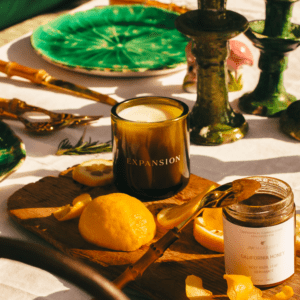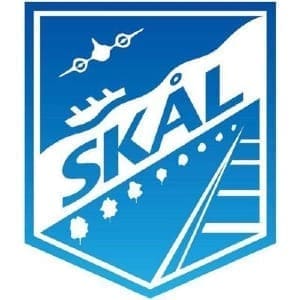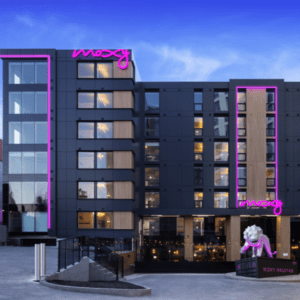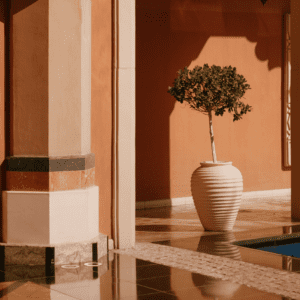
Consumers across the board are looking for better quality products with traceable origins, that are fairly manufactured and traded. There has been a move away from cheap, mass-produced food and a rise in popularity of smaller, boutique suppliers, something that’s becoming particularly apparent in the world of confectionary.
A great example of this shift is Said in the heart of Soho; a beautiful shop and café dedicated to the finest chocolate and everything related. The original Said in Rome is a factory and shop that’s been there for over 90 years and is still run by the same family.
Said’s hot chocolate is rich and thick, and bubbles away behind the counter in separate white, milk and dark cauldrons, and you can even have it served in little cups made of chocolate. There are mountains of truffles, caramels and pralines, an array of homemade cakes and puddings and huge slabs of pure chocolate sitting in piles on the counter. Everything is either made on-site or brought over from Rome.
Also flying the flag for quality is Danish company Oialla, who are in the business of bringing exceptional chocolate into the mainstream. The beans they use to create their bars come from deep in the Bolivian Amazon, and they’re fastidious about making sure the communities involved in the production are protected.
Founder Rasmus Bo Bojessen is now concentrating on a back to basics approach which celebrates the purity of the cacao bean. Rising through the percentages of Oialla, with the dark chocolate that’s 72% or 78% there’s no residual acidity usually found in other brands. It’s just a rich taste that continues even after the chocolate is finished.
“Oialla is an organic chocolate that is derived only from wild Beniano beans found in the Amazon jungle,” explains Rasmus. “The beans come from trees that date back to the Incas and have a strong social meaning to the community. Through the close partnership developed with local communities in Bolivia to work on Oialla, the Danish Foreign Ministry has also invested in the country – pledging to help with the education and infrastructure of the village.”
This article was originally published on eHotelier partner site EP. Check out EP here.


















